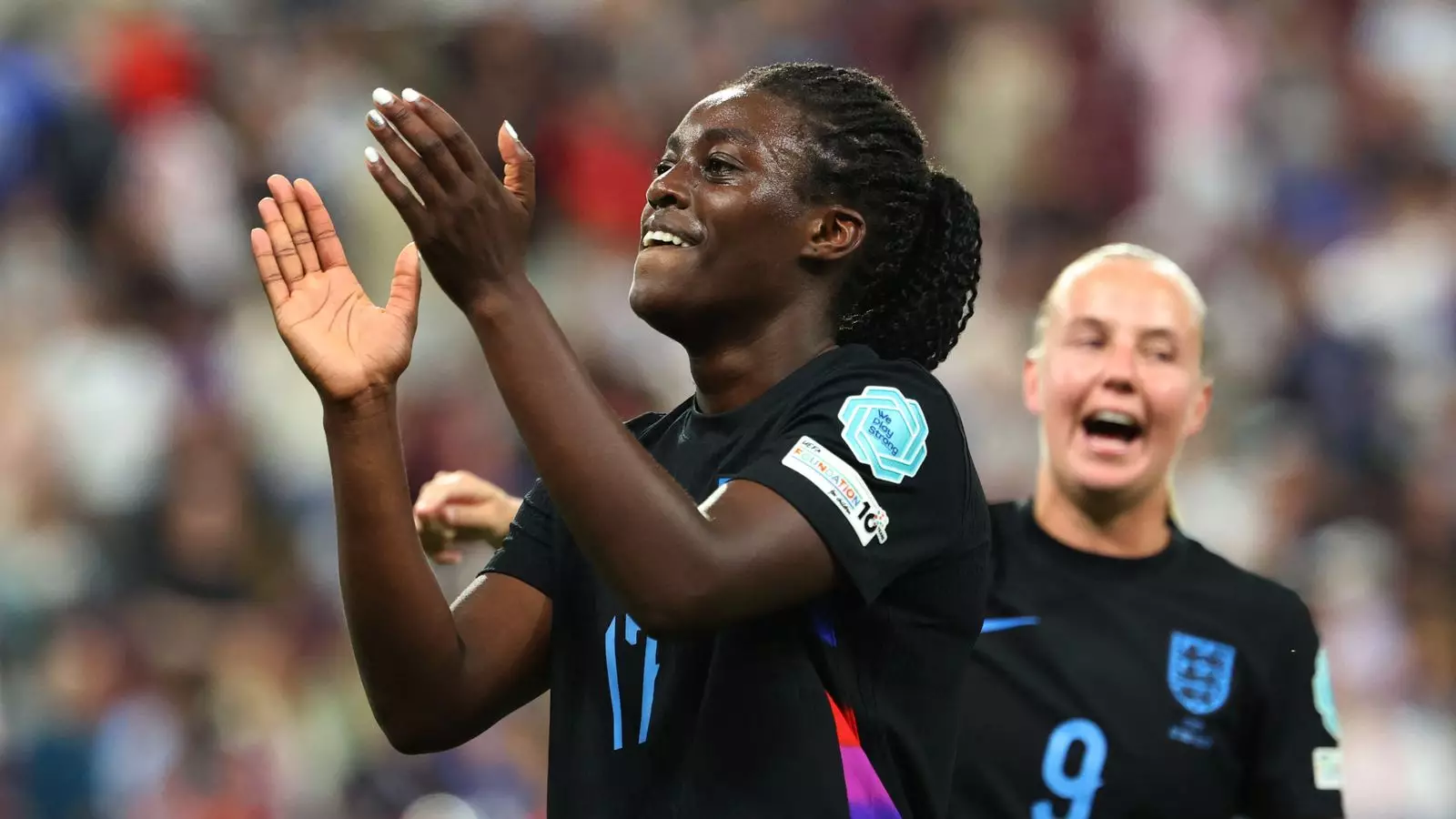In recent years, women’s football has undergone a seismic shift that has shattered old perceptions and expectations. What once hovered on the periphery of mainstream sports—a niche overshadowed by men’s leagues—has now become a powerful force capable of commanding global attention. Neither fluke nor fleeting trend, this transformation signals a profound evolution: the game’s increasing legitimacy and the fierce competitive spirit of its players. Yet, beneath this glamorous surface lies a complex narrative of perseverance, societal change, and a fight for equality that remains far from over.
No longer are England and Spain mere spectators in the march of progress; they are now central figures shaping its future. Both nations, historically grappling with limited recognition for their women’s teams, have emerged as genuine contenders. Their journeys tell stories of resilience—trying to overcome societal indifference, ingrained gender norms, and institutional neglect. The recent finals, especially the upcoming clash in Basel, crystallize these stories into a battle that embodies much more than just a trophy. It symbolizes the struggles and triumphs of women athletes fighting for their rightful place under the sporting spotlight.
The Cultural Significance of Reaching the Final: Beyond the Scoreboard
The narrative twists of women’s football are rooted in decades of adversity. For English fans, the Lionesses’ rise is a testament to relentless ambition, culminating in a victory at Wembley that believed in rewriting history. Their journey from being underachievers to finalists exemplifies how societal attitudes towards women’s sports are shifting—though not without resistance. For Spain, reaching their first Euros final ignites both national pride and a broader societal dialogue on gender equality and respect for women.
These finals are not just athletic contests; they are social barometers. When the Lionesses and La Roja take center stage, they push conversations about gender rights, representation, and societal change into sharper focus. The victory or defeat here transcends the pitch. It influences how future generations will view women’s sports, inspire policy reforms, and challenge entrenched prejudices. The stakes are uniquely high because this moment signifies a turning point—an opportunity to accelerate progress and demolish longstanding barriers.
The Political and Social Underbelly: More Than Just a Game
A crucial layer overshadowing these finals involves the broader social and political issues surrounding women’s rights. Spain’s tumultuous recent history, highlighted by the controversy involving Luis Rubiales’ misconduct, exemplifies how sports are intrinsically linked to societal values. The incident, which marred Spain’s celebrated World Cup victory, underscores the persistent struggle for respect and dignity within female sports arenas. It also acts as a stark reminder that the fight for equality remains intertwined with cultural transformation.
Furthermore, the visibility of female athletes—demonstrating grit, resolve, and excellence—serves as a catalyst for societal change. Their performances challenge stereotypes and redefine what women in sports can achieve. However, the journey is far from complete. The fact that these finals carry weight beyond the sporting achievement reveals society’s ongoing reliance on sports as a mirror for progress. These women aren’t just playing to win titles but are also fighting to reclaim their identities and foster respect in a world still grappling with deeply rooted gender biases.
The Future of Women’s Football: Imposing Legacy and Promising Horizons
Looking ahead, the significance of these finals extends into shaping the future landscape of women’s football. Success on this stage has the potential to translate into tangible societal gains—from increased media coverage and sponsorship to policy reforms that promote gender equity in sports infrastructure and funding. For England and Spain, their performances could become pivotal in accelerating these advances, making the sport more accessible and inclusive for all.
While the players’ talent and determination are undeniable, their battles extend beyond football pitch lines. Each goal, each comeback, and each victory adds weight to the collective push towards equality. This moment in Basel offers both a celebration of achievement and a rallying cry for continued advocacy. As these nations strive for glory, they are also paving the way for generations of girls and women who will inherit a landscape more receptive to their talents—not just in football but across all facets of society.
In the broader context, women’s football stands at a crossroads where sporting excellence and societal activism collide. The path forward demands unwavering commitment—not only from athletes but from governments, organizations, and communities. As the world watches, these finals hold the power to redefine what success means for women in sports: an arena where strength, resilience, and equality are celebrated hand in hand.



Leave a Reply